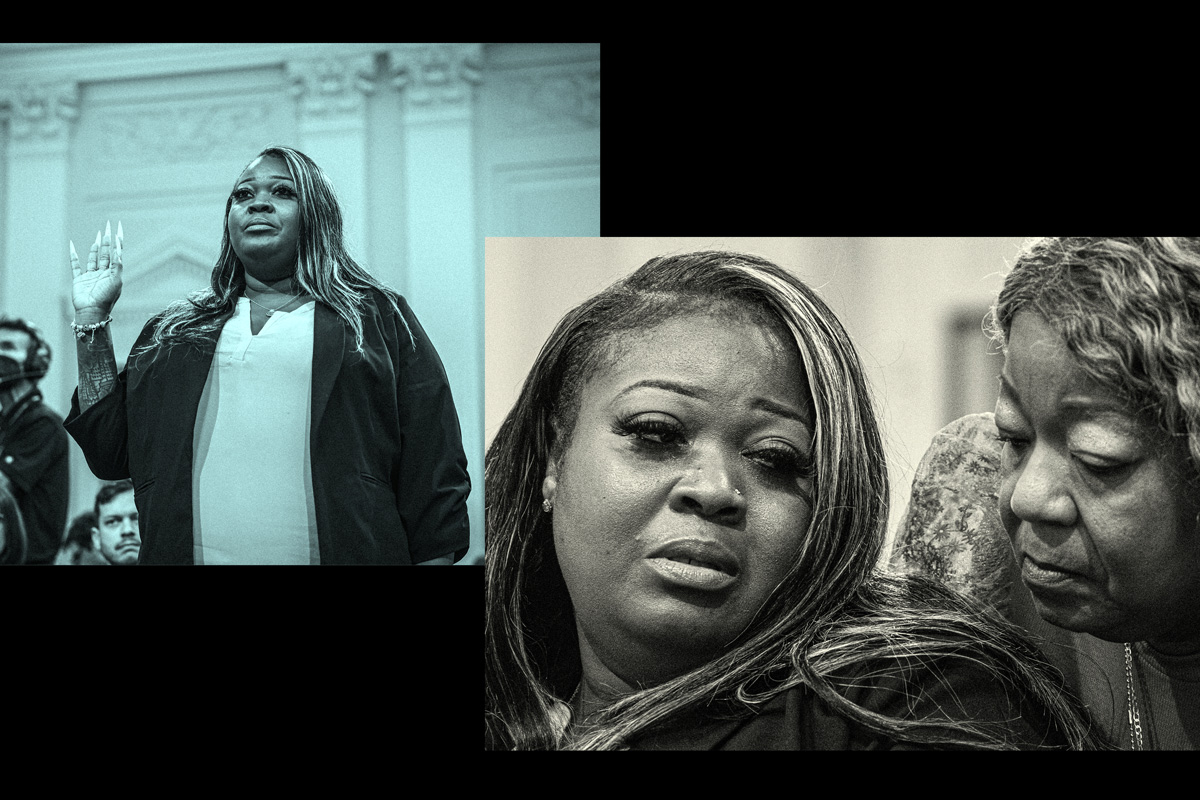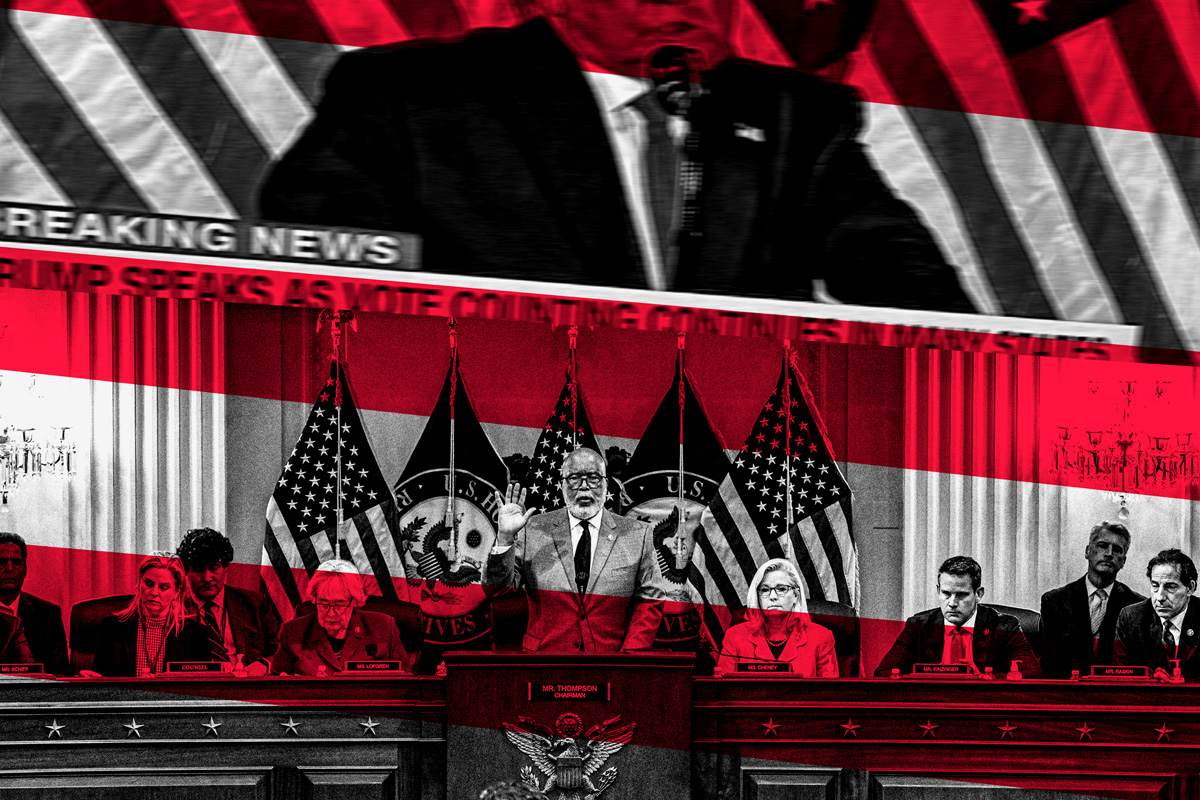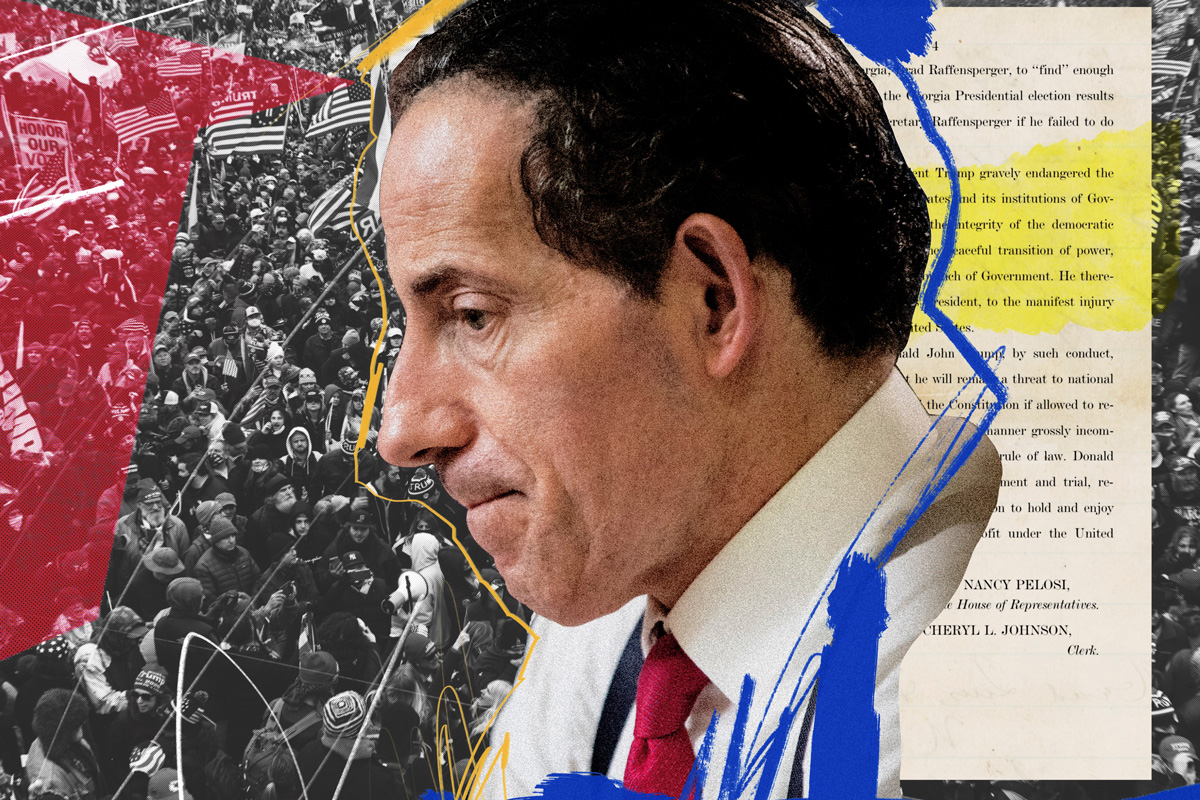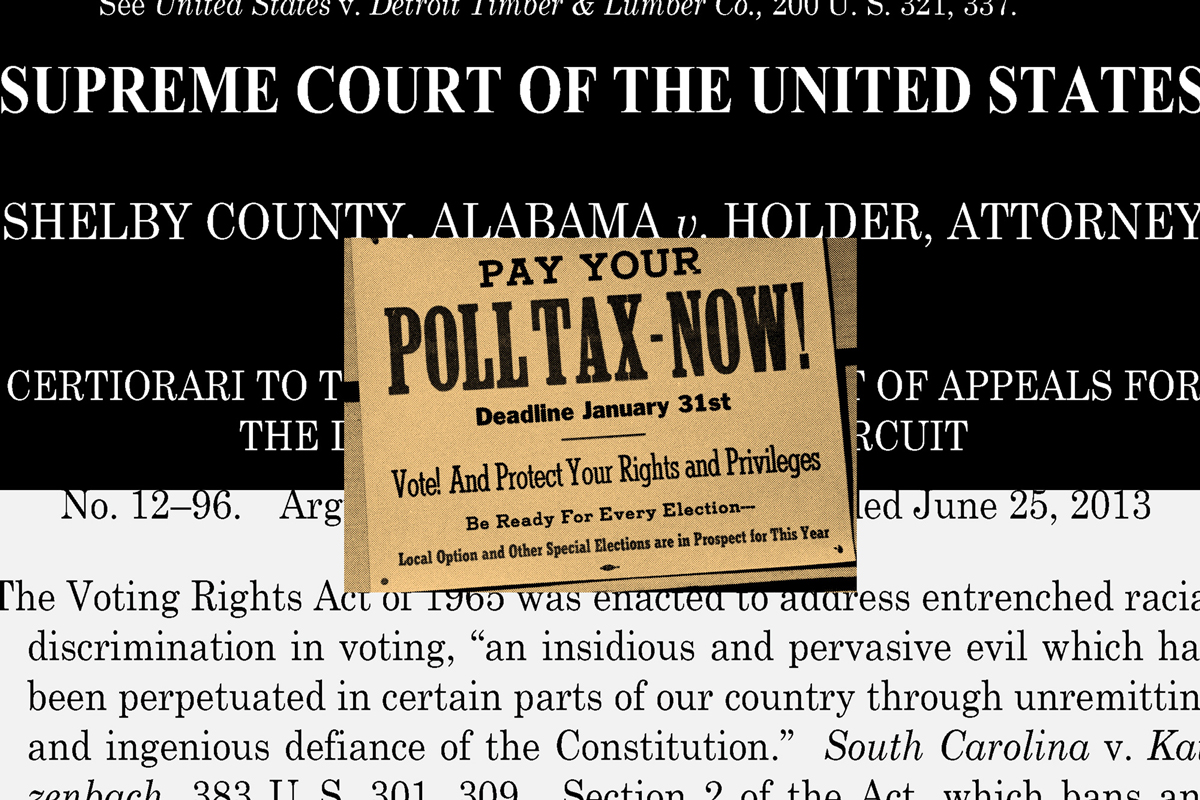For some time now, I’ve been writing and telling people that the imagination has been so besieged in our lives that it’s experiencing a slow, painful death. I’m not talking about other related, and mostly hypothetical, “deaths” that have been proclaimed in the age of social media—from the novel to the theater to jazz to opera to sustained interpersonal conversation. Most of that babble is about tangible things that mostly have to do with the marketplace. The decline I’m talking about is much worse: the asphyxiation of our collective mental capacity to conceive of any possible reality that’s either better or worse than whatever’s happening. “Better” sounds preferable. But sometimes doing better requires subjecting yourself to a really bad dream of what could happen if you don’t.
There’s a surfeit of such bad dreams to sample out there: a Covid-era bumper crop of dystopian novels and streaming television prophesying evermore baroque forms of collective doom. The cumulative effect of this pop-culture acid-bath is, I fear, to infuse our minds with a creeping totalitarian residue that leaves us ultimately numbed at the prospect of having our liberties, our privacy—even our lives and those of our loved ones—ravaged by avaricious, predatory leaders.
So, what, then, are we to do when a real-life nightmare emerges and unravels in front of us? I speak of the alarming turns in Wandrea “Shaye” Moss’s heretofore peaceful life that the former Georgia election worker described Tuesday before the select House of Representatives committee investigating the January 6 attack on the U.S. Capitol. Moss, with composure that at times seemed barely contained, recounted to committee members how she was victimized by a savage, unrelenting smear campaign by former president Donald Trump and his supporters seeking to overturn the results of the 2020 election.
As a full-time employee of the Fulton County Elections Department, Moss, who is African American, handled voter registration applications and absentee ballot requests. She helped count the votes on Election Day when Trump lost the state of Georgia by a close margin to the eventual White House winner Joe Biden.
At one point, the man once labeled “America’s Mayor” by America’s media said Freeman was caught on tape handing her daughter a thumb drive “like they [sic] were vials of heroin or cocaine.”
Working from a decontextualized video snippet of a wholly innocuous encounter between Moss and her mother, Ruby Freeman, Trump’s corps of conspiratorial election deniers placed Moss at the center of their paranoid reveries about a grand rolling campaign to steal the GOP incumbent’s rightful victory away. The president, his attorney Rudy Giuliani, and other supporters singled out Moss as a key actor in the bogus conspiracy they fabricated out of whole cloth to make it seem as though Georgia election workers were processing fake ballots in Biden’s name.
The false accusation was central in Trump’s effort to manipulate the state’s results in his favor. It also incited violent threats from Trump’s supporters on Moss’s life and her family’s. She told the committee she was forced not only to leave the job she’d held since 2017 but also to change her appearance and go into hiding.
“I no longer give my business card,” Moss testified. “I don’t go to the grocery store at all. I don’t go anywhere at all. I’ve gained about 60 pounds. I don’t do nothing anymore.”
What Moss called “hateful” and at times “racist” death threats were also made on her mother, Ruby Freeman, who was a temp employee at the same polling place where her daughter worked on Election Day. In phoning Georgia Secretary of State Brad Raffensperger in a plainly corrupt and dishonest plea to overturn the election results, Trump cited both Freeman and her “lovely” daughter Moss, saying he would “take” them on, along with “anybody [Raffensperger] wants.” Giuliani bore down on the false charges against Moss and Freeman at a hearing before Georgia legislators, saying their homes should have been searched. At one point, the man once labeled “America’s Mayor” by America’s media said Freeman was caught on tape handing her daughter a thumb drive “like they [sic] were vials of heroin or cocaine.” Moss told the committee it was a ginger mint.
OK, let’s pause here. “Heroin or cocaine”? What exactly was Giuliani—and, thus, Trump—presuming? That two Black women were exchanging a thumb drive or controlled substances? And allowing for the apparent analogy Giuliani was making, the terms that Giuliani adopted contain what a Black person would instantly understand as racist code. The implicit presumption shared among Trump, Giuliani and the army of enraged Trump supporters who acted on these reckless and false speculations was wearily familiar to anyone versed in the racial coding of political warfare throughout our history: Black people conduct all illegal transactions as though they were drug deals because, well . . . we all know what Black people do in their communities, don’t we?
Is it any wonder that the goons who made abusive phone calls to Moss and her mother, and soon threatened the lives of Moss’s son and grandmother, set about making these tacit assumptions terrifyingly explicit? As Moss testified, these enraged callers and harassers were “telling me I should be in jail with my mother and saying things like, ‘Be glad it’s 2020 and not 1920’”—a far from subtle callback to the heyday of lynching in the South.
Here we’d do well to pause again. This snapshot of age-old racial terror dusted off for the algorithmically charged twenty-first century should prompt us once more to probe the gradual atrophy of our collective political imagination. Why, after all, should it take televised testimony from a real live Black person to get the keepers of our national public discourse to even consider the possibility of such vicious and hateful intimidation by a sitting president of the United States and his minions? If the culture, especially in the years since the 2016 election that put Trump in office, is so alert and attentive to how bad things could get for democracy, why is it so shocking that racism, which so many conservative Republicans have insisted was all in the past (assuming, of course, that it had ever existed in the first place) was used as a weapon against somebody merely doing her job?
Given what now have been more than three centuries of white racist presumptions of Black inferiority and (thus) automatic guilt, none of what Shaye Moss said Tuesday should have been a surprise to anybody.
My own imagination, which I like to think is more resilient and impervious to shock than it used to be, was primed for the moment when such stories would come to light. What stresses out my imagination, however, is the way in which political reporting persists in seeing Trump, Giuliani, and their diehard followers who continue to believe the 2020 vote was rigged in Biden’s favor as little more than “the other side” of a partisan political tiff—as opposed to a dangerous white supremacist cult willing to do whatever it takes to whomever gets in its way of upending the democratic process.
Such widespread credulity prompts me to imagine what diehards on my own “side” would consider unimaginable: that however compelling, significant, and definitive in their findings these hearings turn out to be, the committee’s work could all go for naught. That’s in no small part because there are so many white Americans fed on grievance and lovingly crafted myths about their proprietary birthright in a besieged “real America” who cannot bring themselves to sympathize wholly with people like Shaye Moss and Ruby Freeman—let alone conceive that their dismal predicament could be shared by hundreds of others in state voting districts. I’d love to hear a news anchor pose the question, “What would you do if somebody came to your door, the door of the home where you live and do not bother a soul, to declare he was making a citizen’s arrest because you did your job honestly?” The news doesn’t bother with such leading questions; it assumes we know the answer—or at least, have an answer.
But I’m thinking, right now, of the long-forgotten vendetta withstood by U.S. agriculture department official Shirley Sherrod, who was fired from her job in 2010 after a video went viral doctored to make her sound as though she were prejudiced against white farmers. The Obama administration believed what it saw and, in. a panic, dismissed Sherrod before the deception (brought off by agitprop video provocateur James O’Keefe and broadcast by the late alt-right blogger Andrew Breitbart) was exposed. The habit of seeing what’s not there is generally ascribed to the delusional. But given what now have been more than three centuries of white racist presumptions of Black inferiority and (thus) automatic guilt, none of what Shaye Moss said Tuesday should have been a surprise to anybody.
Right now, I find myself surprised to anticipate little to no serious consequences for such horrific behavior on the part of the 45th president and his apologists, many of whom are running for office this year, undeterred. My imagination is challenged to expect otherwise. We both need some help on this.
Gene Seymour has written about film, music, politics, and (even) baseball for The Nation, Bookforum, CNN, and other outlets. He lives in Philadelphia.



